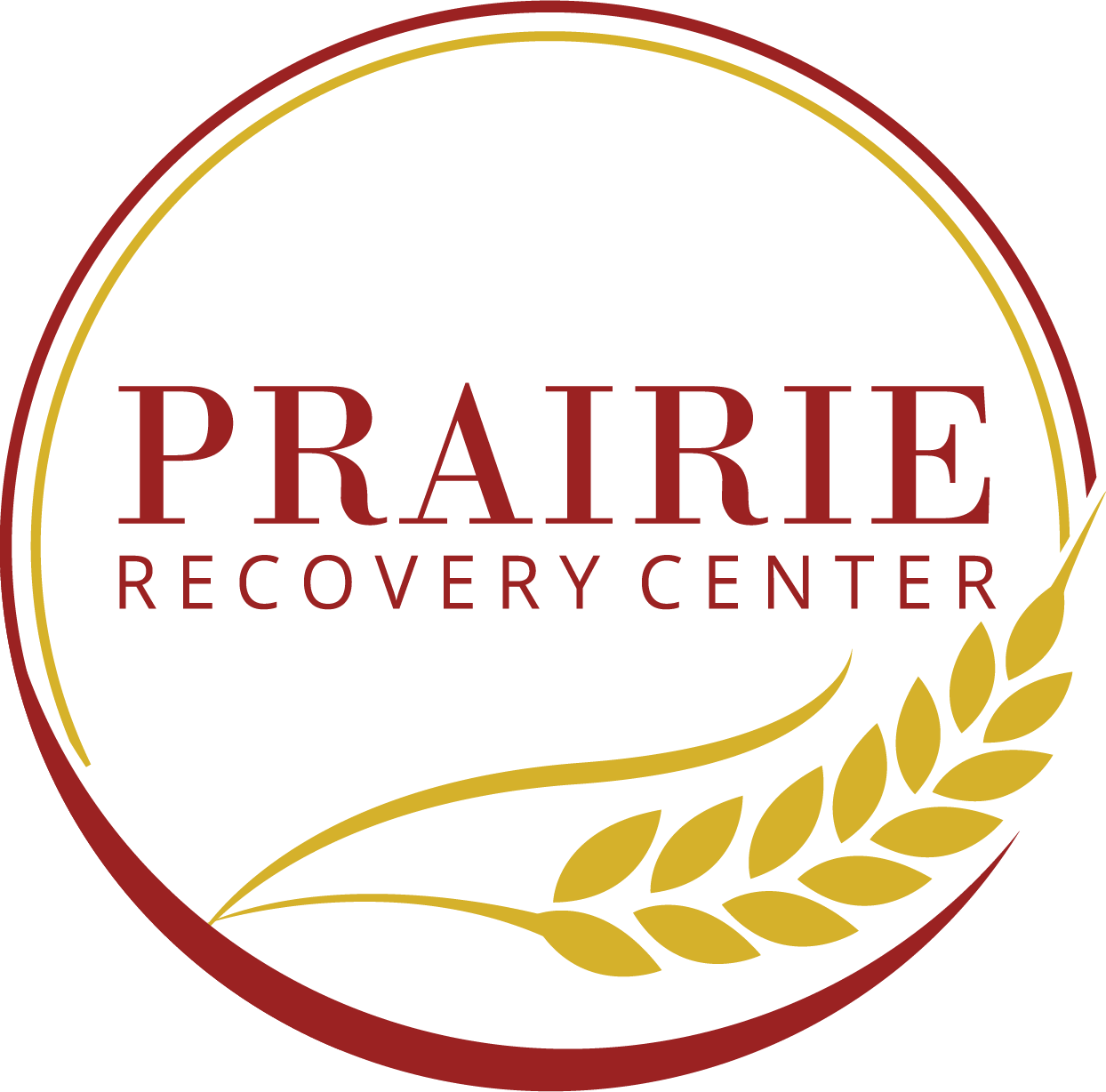For many struggling with drug or alcohol addiction, beginning their recovery journey will be the most challenging obstacle they ever have to overcome. But completing a treatment program isn’t the end of the story. Maintaining recovery over a lifetime is often an even more significant challenge. When lasting recovery seems impossible, a chronic relapse treatment center can help you identify stress and triggers so you can start to thrive again.

At Prairie Recovery Center, we provide a chronic relapse treatment center in North Dakota that sets people up for long-term success in recovery. If you or a loved one is committed to maintaining recovery, learn more about our chronic relapse treatment and mental health treatment programs in North Dakota today by calling [Direct] or filling out our online contact form.
What Is Chronic Relapse?
Signs and Symptoms of Chronic Relapse
It’s crucial to be aware of the signs of chronic relapse to ensure that you or a loved one avoids falling into a pattern of addiction. When these symptoms occur, it calls for healthy coping mechanisms, not self-medication with drugs or alcohol.
The three main stages of chronic relapse following addiction treatment outline the emotional, mental, and physical symptoms.
These stages are:
Experiencing emotional difficulties
Cravings to use again
Using the substance again
Why Do People Relapse into Addiction?
Many people struggle with chronic relapse because they have untreated mental health conditions. While these people may be able to kick their habit, the underlying causes of their addiction remain. These causes may include depression, anxiety, and post-traumatic stress disorder (PTSD). Without the proper dual diagnosis treatment, the continuing symptoms of these disorders can drag a person down. Until a person enters therapy or counseling and learns how to manage their emotional pain, there will always be the risk of relapse.
Another reason why substance abusers in recovery may relapse is that their genetics make them more vulnerable to addiction. For example, there are genetic markers for traits like impulsivity. People who are more impulsive than the general population are more likely to use drugs and alcohol, even if this results in long-term adverse outcomes. Chronic relapse is also more likely to occur if the environment that contributed to an individual’s addiction doesn’t change following recovery. Stress is also a strong predictor of addiction relapse.
The Relapse Cycle of Addiction
Many recovering addicts fall into a cycle of addiction and chronic relapse, which often follows this pattern:
- Drug use and abuse
- Tolerance and dependence
Addiction - Contemplating treatment
- Completing addiction treatment
- Relapse
Relapse then leads to drug abuse, and the cycle continues and repeats. This process keeps repeating until you get to the root of your addiction and find alternative methods for resolving those issues.
THINGS YOU CAN DO ON YOUR OWN TO PREVENT RELAPSE
Beating addiction is tough, and while you don’t have to do it alone, there are some things you can do yourself to minimize your chances of relapse while you may be waiting to receive help or enter treatment.
Some of these methods are:
- Try grounding techniques such as breathing exercises, yoga, or meditation
- Know and avoid your triggers, and consciously avoid places you would usually be tempted to use or drink, such as bars or clubs or with friends who are not sober or still in active addiction
- Practicing self-care can replace old habits with healthy new ones that make you feel good about yourself and help you get to know yourself better
- Distract yourself with a new hobby or by taking a walk, going to a movie, or calling a loved one you can rely on
- Join a support group so you always have somewhere to go or someone to call when you feel like you may relapse
Chronic relapse prevention is essential to your recovery and maintained sobriety. Fortunately, aftercare programs, peer support groups, and chronic relapse prevention programs are available to keep you on the right path.
Chronic Relapse Prevention
If you go into treatment for drugs or alcohol, you should also have a chronic relapse prevention plan in place.
This plan should include:
- A list of triggers and a specific plan to deal with each of them should they arise
- A step-by-step plan describing what you will do if you relapse
- A list of family members, friends, sponsors, and counselors that you can call
- if you feel like you might relapse
- Goals for a healthy lifestyle
Your chronic relapse prevention at Prairie Recovery Center shouldn’t stay static. It should change depending on your emotional and mental states and whether new triggers or goals arise. By working with a therapist or counselor in our chronic relapse treatment center in North Dakota, you can find out why you feel the urge to self-medicate and how you can manage emotional difficulties through therapy, lifestyle modification, and connection with others.
